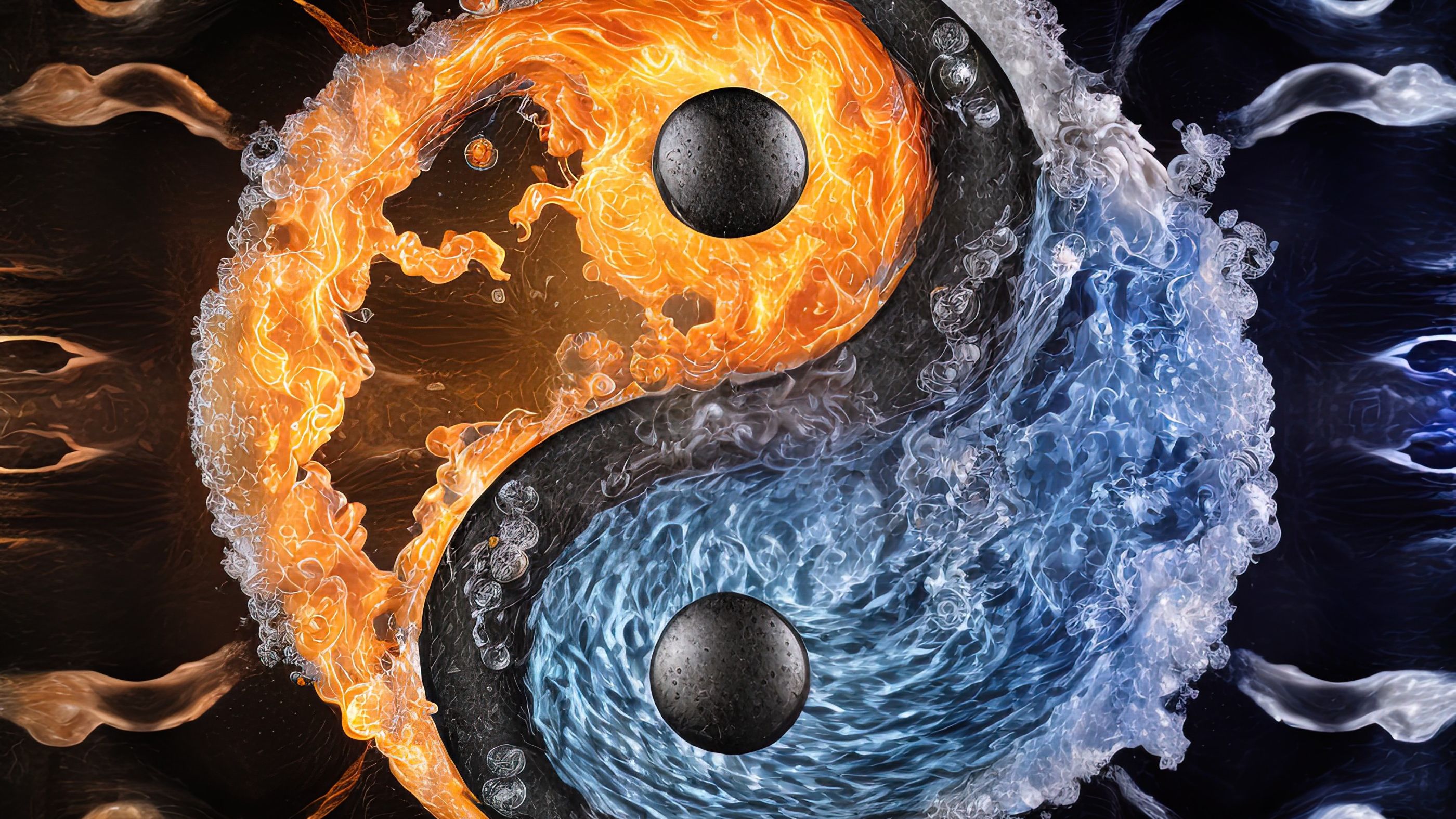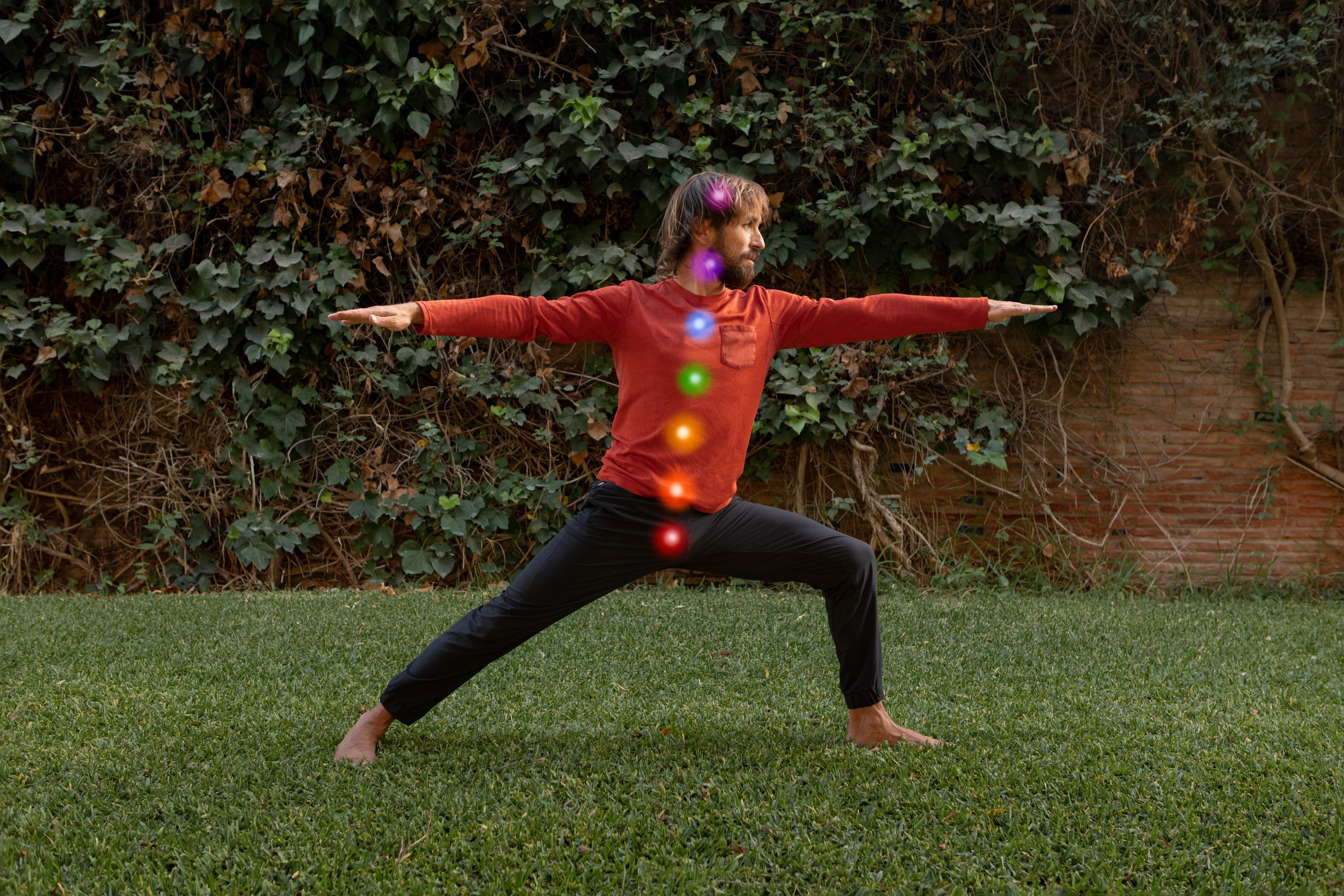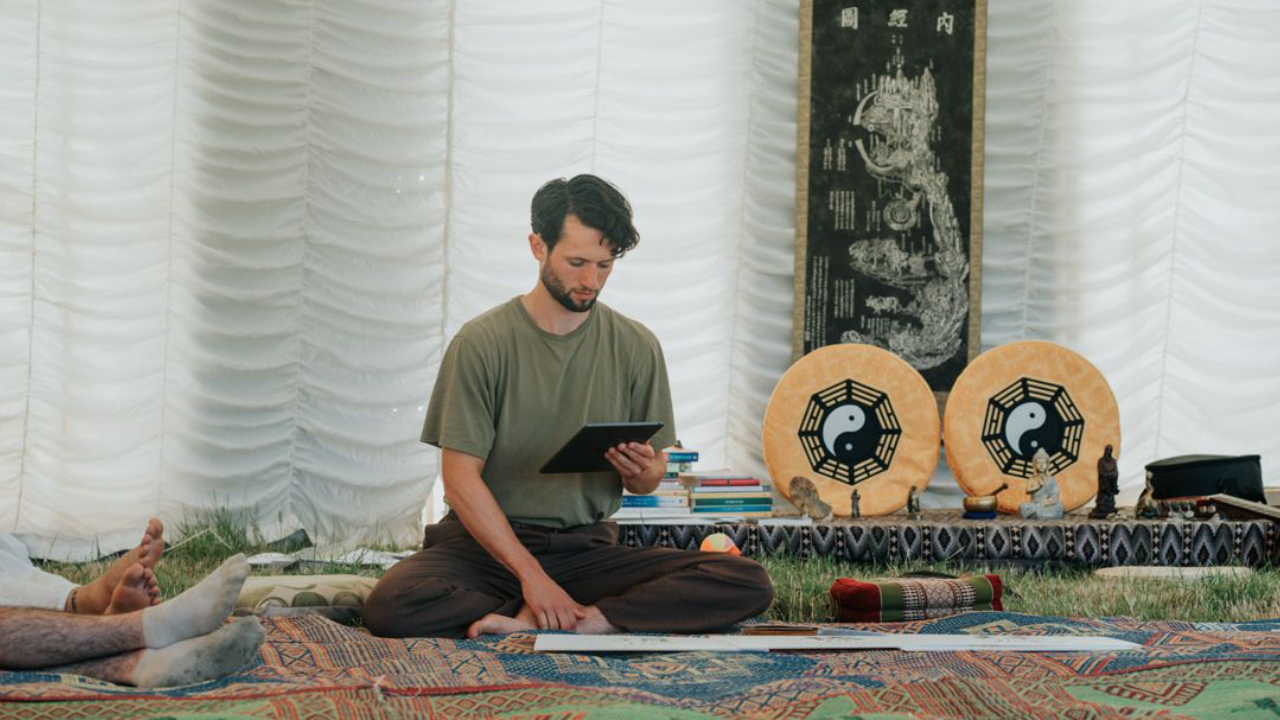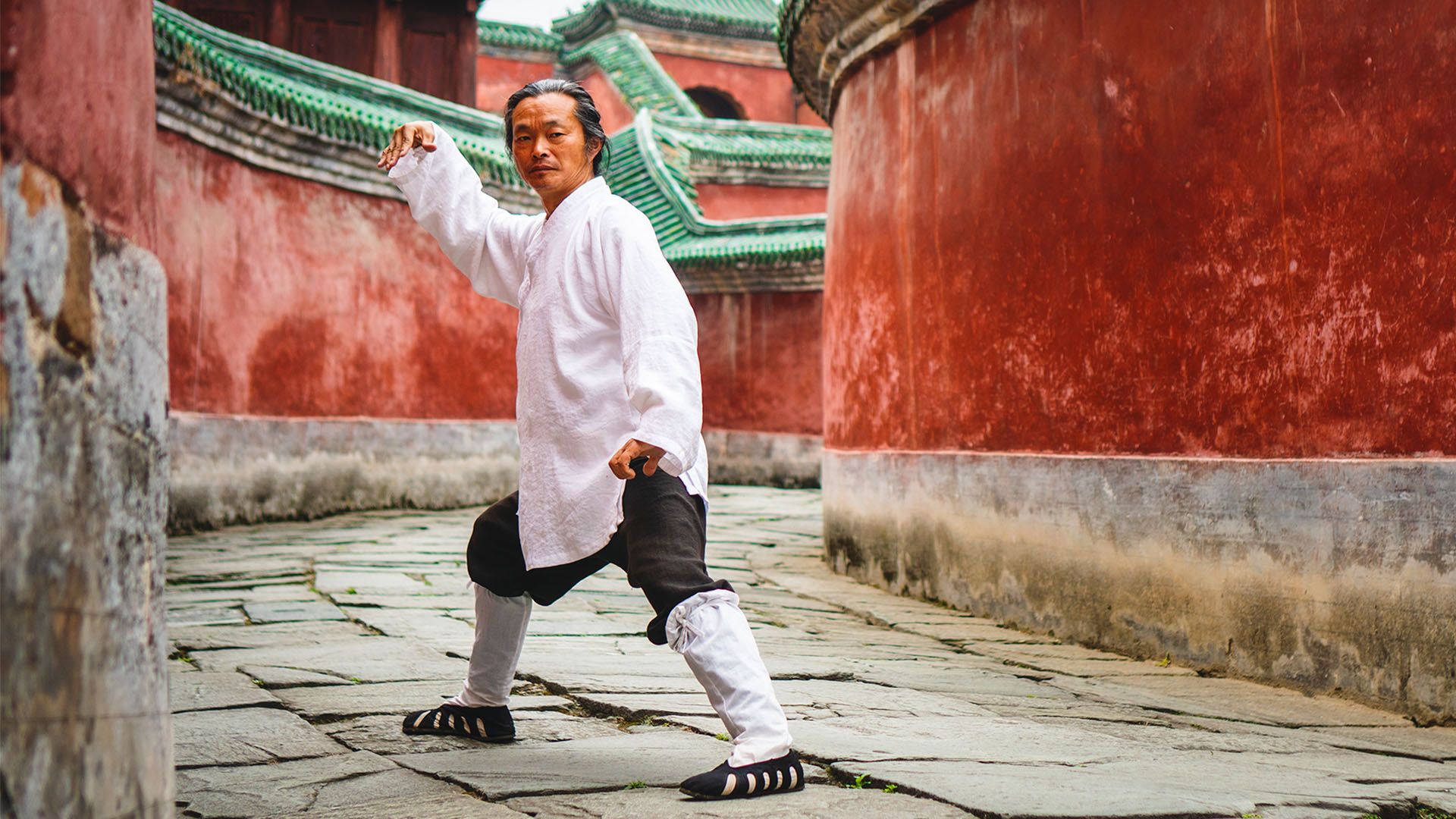Balance and Flow: Tai Chi as a Lifestyle
Aug 24, 2023
In today's fast-paced world, feeling out of sync with our surroundings and ourselves is easy. Amidst the ongoing rush, many yearn for a lifestyle that embodies tranquillity, balance, and connection. This desire often leads individuals to Tai Chi. But beyond the rhythmic moves and fluid stances, how does Tai Chi truly align with everyday life? Let's dive deeper into understanding Tai Chi as a form of exercise and a profound lifestyle.
1. Unpacking the Philosophy of Balance
Central to Tai Chi is the principle of Yin and Yang, two seemingly opposing forces inextricably connected. Yin, representing softness, stillness, and introspection, harmoniously integrates with Yang, epitomising hardness, activity, and outward expansion. These forces are perpetual, dynamic, and cyclical, much like our daily experiences.
Incorporating this philosophy means acknowledging and appreciating life’s contrasts. It's about understanding that after a grueling work week (Yang), there’s a need for rest and rejuvenation (Yin). By internalising this balance, one is better equipped to handle life's stresses, knowing there's a valley after every peak and vice versa.
2. Flow as a Mindset
The graceful, dance-like movements of Tai Chi are a manifestation of 'flow'. This state, described by psychologist Mihaly Csikszentmihalyi, is one where you're wholly absorbed in the moment, experiencing joy and complete involvement in an activity.
This flow isn’t confined to the training mat in a life steeped in Tai Chi principles. It permeates everyday activities, whether writing, cooking, or even a simple conversation. Achieving this state consistently means reduced anxiety, heightened creativity, and more profound satisfaction.
3. The Physical and Beyond: Health Benefits of a Tai Chi Lifestyle
Adopting Tai Chi as a lifestyle isn't solely about mastering the moves; it's about embracing its holistic health benefits:
- Physical Well-being: Regular practice improves flexibility, boosts cardiovascular health, and enhances balance and muscle strength.
- Mental Acuity: Tai Chi sharpens focus and cognitive abilities. The concentration required to execute movements flawlessly is a form of brain training.
- Emotional Equilibrium: As you navigate through the fluid motions, emotional blockages are released, fostering emotional resilience and calmness.
4. Intertwining Tai Chi in Daily Routines
To truly make Tai Chi a part of daily life:
- Mindful Mornings: Kickstart your day with Tai Chi routines. The morning calm augments the experience, ensuring you start positively.
- Breath Awareness: One of Tai Chi’s tenets is controlled breathing. Applying this to daily tasks ensures clarity and reduces impulsivity.
- Nature Immersion: Tai Chi’s essence is deeply tied to nature. Regularly spend time outdoors, drawing parallels between the natural world and Tai Chi principles.
- Community Engagement: Joining a local Tai Chi group enhances practice and fosters connections. This shared journey can be deeply fulfilling.
5. Living with Resilience and Grace
With its intricate tapestry of emotions, circumstances, and events, life will inevitably have moments of turbulence. These moments can manifest as personal setbacks, global crises, emotional turmoil, or everyday stressors accumulating over time. Amidst such challenges, where does one find the strength to persevere and, more importantly, the grace to navigate through them without being overcome? The answer, for many, lies in the principles of Tai Chi.

Resilience Through Tai Chi
Resilience is the ability to bounce back from adversities and grow and thrive despite them. This tenacity is deeply embedded in Tai Chi teachings:
- Redirection of Energy: One of the foundational concepts of Tai Chi is to harness and redirect incoming energy. In real-life terms, this means taking whatever challenges come your way and using them as catalysts for growth. Instead of allowing adversities to push you down, you learn to move with them, adapting and transforming in response.
- Grounding Oneself: Tai Chi emphasises the importance of staying grounded. Through specific stances and footwork, practitioners cultivate a deep connection with the earth, drawing strength from it. This grounding translates into life by reminding us to stay rooted in our values and beliefs, no matter the storm around us.
- Breath Control: At the core of Tai Chi is the principle of controlled breathing. Breathing, in its essence, is life. By learning to control and focus on one's breath during moments of stress, one can find clarity and calm, essential components of resilience.
Embracing Grace in the Face of Adversity
While resilience is about inner strength, grace is about the demeanour with which one faces challenges. A Tai Chi-inspired life is not just about enduring adversities but doing so with elegance and poise:
- Flow with Life: Tai Chi is characterised by its fluid movements. Life, like Tai Chi, is a continuous flow. By adopting this principle, one learns not to resist life’s challenges but to move with them gracefully, understanding that every situation, good or bad, is transient.
- Balance in All Things: Just as Tai Chi teaches balance between yin and yang, it also instils a sense of balance in life. When faced with adversities, one learns to weigh emotions, responses, and actions, ensuring that no aspect overwhelms the other.
- Mindfulness and Presence: Tai Chi is a meditative practice. By being present in each movement, one cultivates mindfulness. When applied to life, this mindfulness allows one to face challenges with a clear mind, making decisions with grace and wisdom.
Conclusion
Tai Chi, in its essence, is a celebration of life's ebb and flow. It's about embracing the balance that exists within and around us. By adopting Tai Chi as a lifestyle, one isn't merely practising a martial art; they’re attuning to the rhythms of existence, finding harmony in the chaos, and truly living in balance and flow.
Check out our Online Tai Chi Courses crafted by the expert Master Gu from the Wudang Mountains of China. These courses are unique as they are culturally rich and full of the core information of Tai Chi.







